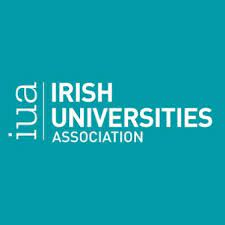Clean Technology Centre with RPS Group and under the EPA’s National Waste Prevention Programme carried out the Universities Waste Characterisation Project with the Irish Universities’ Association (IUA) on a “living lab” campus project. The aim of the project was to improve the segregation of waste and reduce food waste and plastic waste generated on each campus through intervention activities which will raise awareness and change behaviours.
The first step in the project was to undertake waste characterisation on three Irish universities to obtain baseline data on the quantity and composition of municipal wastes (residual, recyclables and organics) managed at certain locations within the campus. The second step in the project is to undertake the interventions. The final step is to close-out municipal waste characterisations to measure any changes, post-interventions.
The parameters of the project set by the EPA were as follows:
- to characterise waste at a minimum of three IUA affiliated universities.
- to focus the waste characterisation on certain areas of the campus where municipal wastes (residual, dry recyclables and organic waste) are generated. These areas will be the targets for the interventions to improve segregation of waste and to reduce plastic and food waste:
- Accommodation
- Food services/bars
- Litter bins for on-the-go waste generation
Due to emergency generated by the COVID 19 crisis, it was not possible to complete the surveys at the third college.
The important starting point is to identify the best practices across the different areas on university campuses. The work entailed a comprehensive examination of accommodation, canteen and litter-based wastes produced at two universities. These wastes were analysed in accordance with the national waste characterisation methodology which categorises wastes into 80 different materials waste categories.
Improving waste management practices at universities requires the provision of infrastructure and measures to increase awareness and encourage participation. Universities can be supported by the development of standardised tools to facilitate communication and present information.

